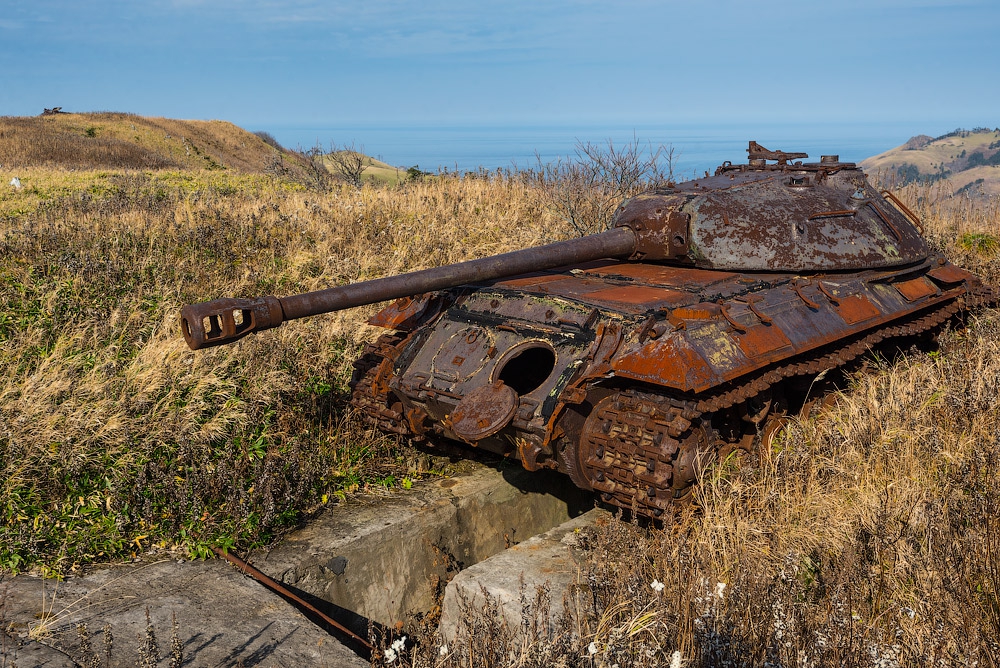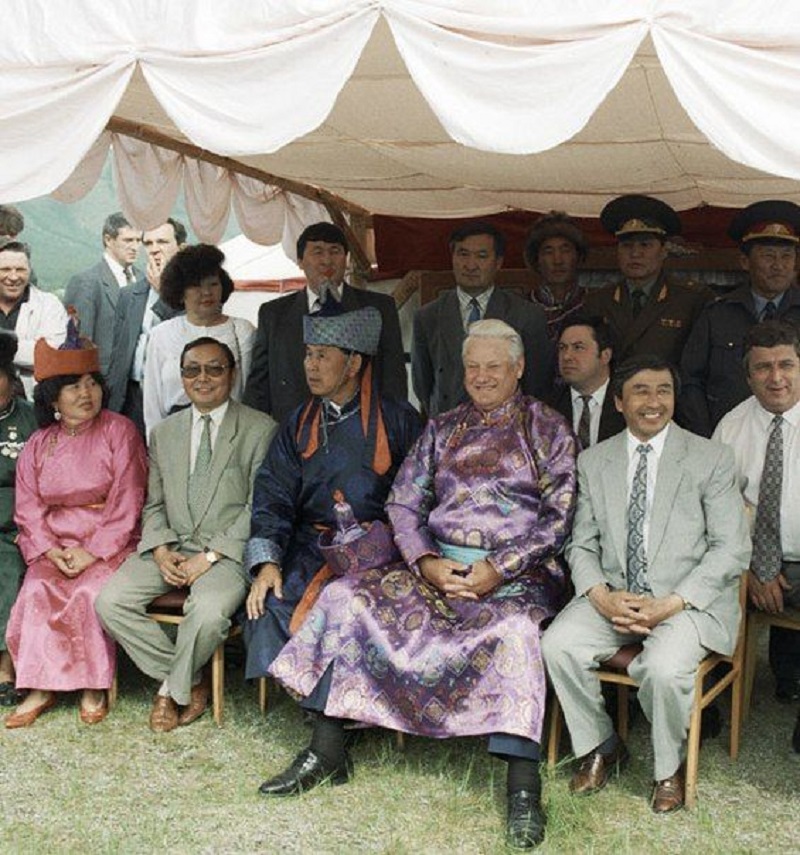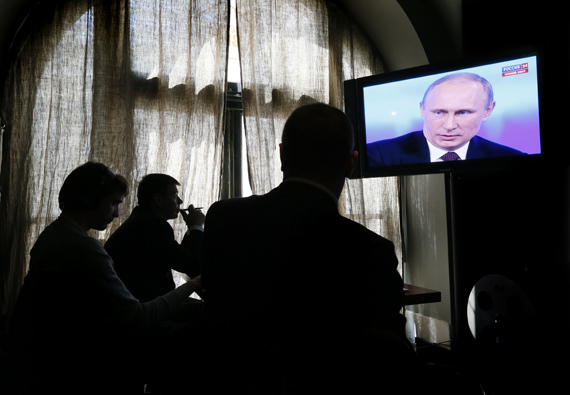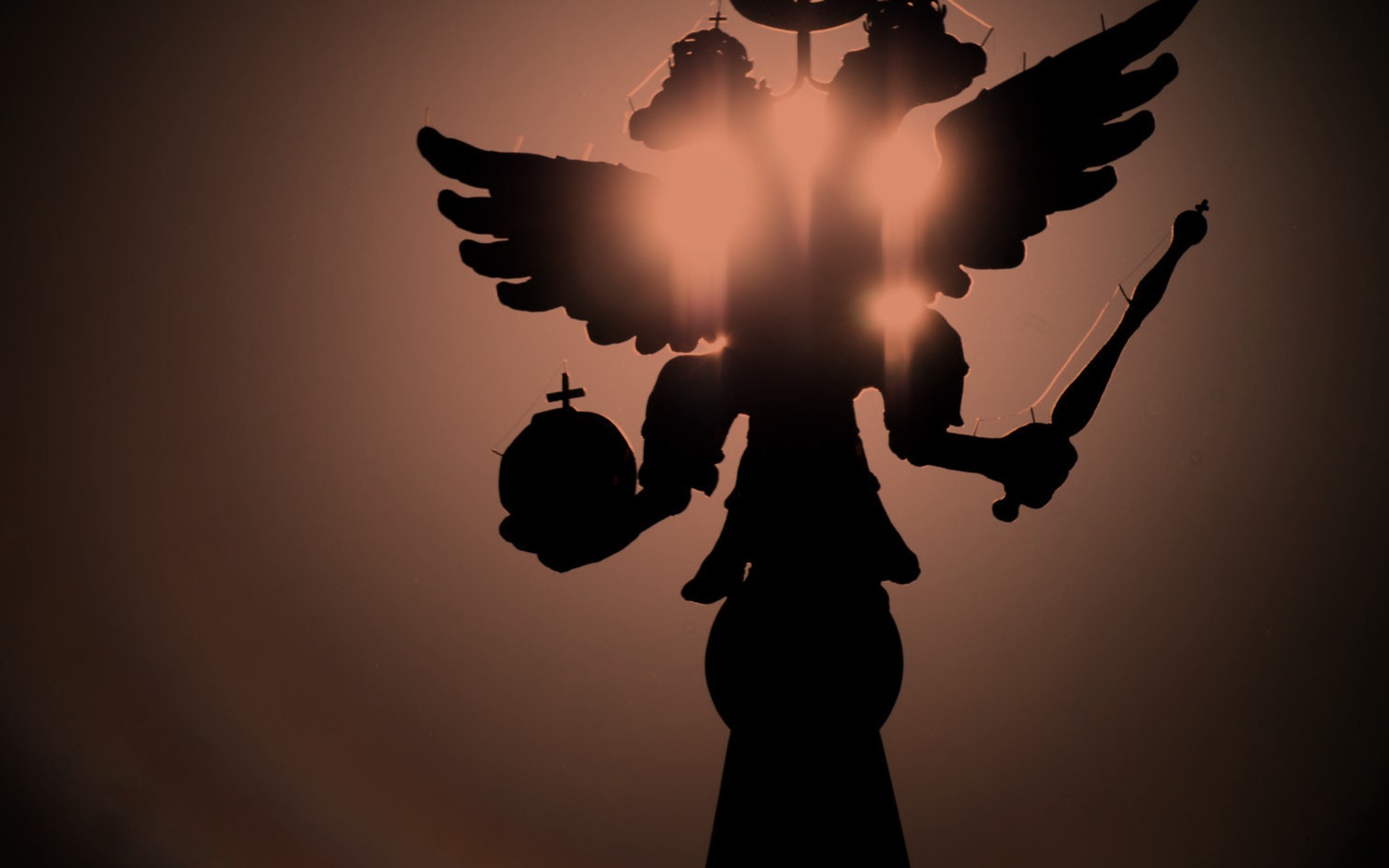Many of the problems Russians now face are rooted in their firmly-held misconceptions about the nature of Russia and Russian national identity. To help them out, Dmitry Olshansky, a columnist for “Komsomolskaya pravda,” identifies seven things that he says Russians must recognize about Russia and themselves.
- First of all, he says, “Russia is a small country. It only seems large on a map.” [Stress here and below is added.] Most of the territory within its borders is inhospitable to life. Indeed, Russia’s “biggest deficit” is warmth and the sun. A few small islands in warm seas would mean more than vast Arctic wastelands.
- Second, Olshansky continues, “Russians are a small people.” Given the demographic disasters of the last century, Russians are so much smaller than they should be that they need to be entered into “the Red Book” of peoples who require special protection to survive. “We need rules of life as in a preserve,” i.e., no migrants and no competition from stronger cultures.
- Third and despite what Moscow claims, “Russians live worse than all others on Earth,” the result of “the combination of the [Russian] climate and the [Russian government].” The climate is “unbearable,” and the state administration is “at an African level and with African attitudes toward human life.”
- Fourth, “Russia is not the Russian Federation.” Within the borders of the country, Russians have no place of their own; and abroad, there are many ethnic Russians. As a result, “the genuine national borders of Russia and the genuine borders of its cultural and political existence do not have the slightest relationship to those of the Russian Federation.”
- Fifth, “Russians are a stateless people,” very similar to the Kurds or Palestinians although they are in a somewhat better position because the whole word recognizes that they don’t have a state of their own, something few recognize as being true of Russians. Moscow makes this worse by focusing and spending abroad and not on its own citizens.
- Sixth, “the main drama of Russian history is the gap between the individual and the state.” There is no state that has achieved so much territorially, militarily and culturally that at the same time has treated its own people so shabbily, concentrating all power in the hands of a few at the center and leaving everyone else struggling for existence.
- And seventh, Olshansky concludes, “the main Russian problem is the absence of a nation.” The commentator says that “there is a people but there is no nation,” and the state is “alien” to it. As a result, there is no common language between the people and the state, the sine qua non of a political nation.
Related:
- Russian journalist Valeriy Solovey: What Russians don’t like about Ukrainians
- The American style of identity Moscow fears to seek for Russians
- Where Russia is already beginning to collapse — the Permafrost Zone in the Far North
- ‘Chinese question’ looks far more threatening in Siberia than in Moscow
- Chinese to become second largest ethnicity in Russia, Moscow demographer says
- Fewer Russians but more Russian speakers: The changing face of Russia
- Russians consume 700 calories a day fewer now than at the end of Soviet times









